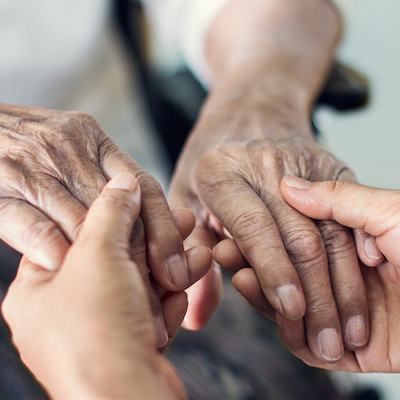Palliative care is focused on promoting quality of life and relieving the symptoms (pain, loss of appetite, nausea, anxiety, etc) that arise, especially during treatment for a chronic or serious illness. People undergoing chemotherapy for cancer, or those prone to panic attacks inside of MRI machines may receive palliative care. Although many terminally ill people receive palliative care to help relieve their pain, it is not strictly for end-of-life scenarios and many people of all ages benefit from palliative medicine. Hospice care is a specific type of palliative care.
Hospice is a subset of palliative medicine reserved for people who have six months or less to live, according to their doctor’s opinion. A hospice treatment plan is not focused on a cure or a return to physical health, but rather on making the patient comfortable and maximizing quality of life. Hospice care also addresses emotional needs and provides grief support for you and your loved ones. Hospice care can be administered in a nursing home, hospital, hospice facility, or in your own home.

